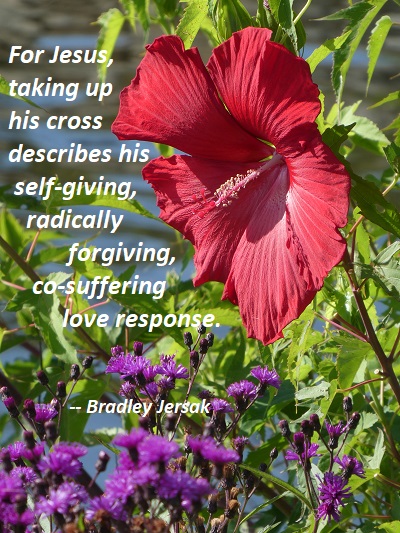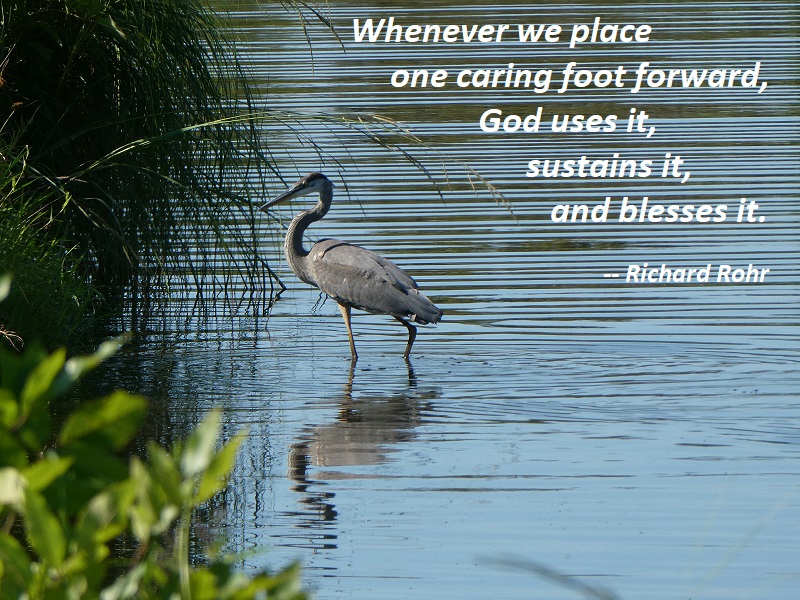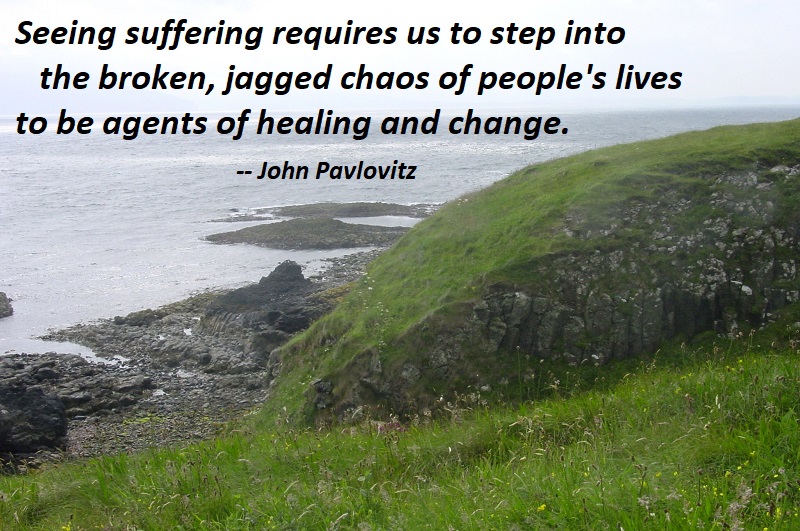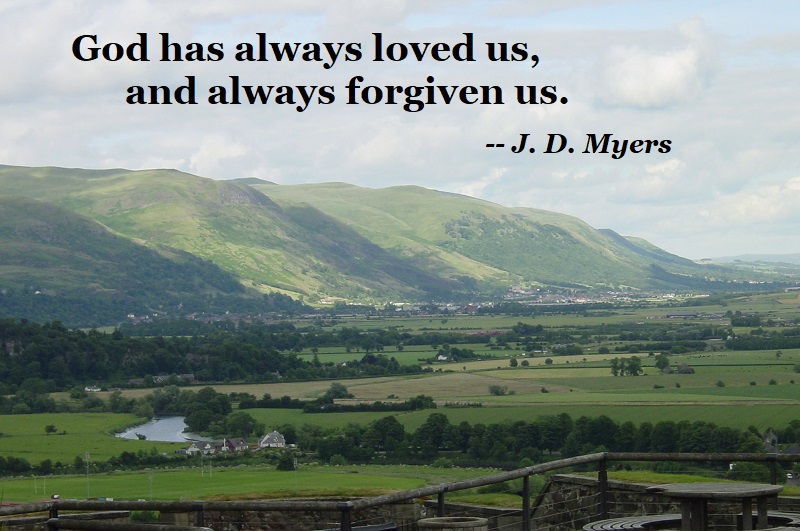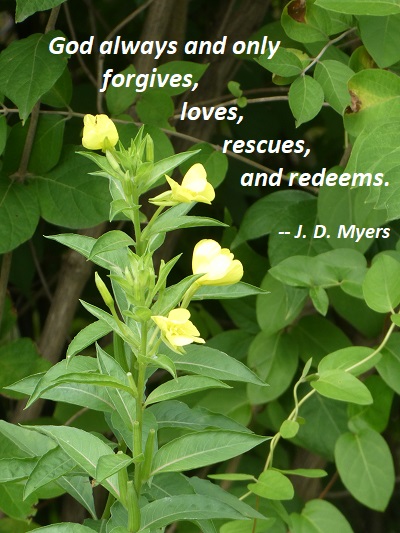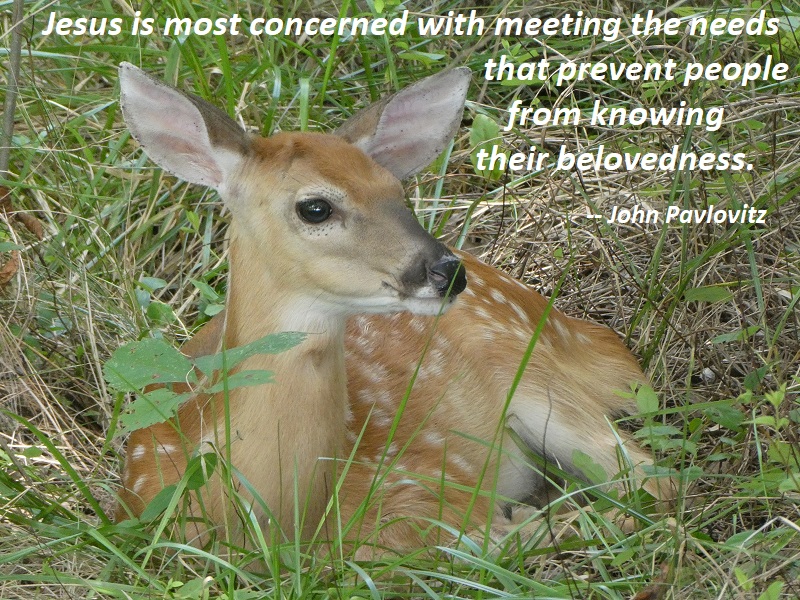
In the ninth chapter of the Gospel of Matthew, Jesus looks upon the crowd gathered before him and is deeply burdened by what he sees, not because of what they are doing or not doing, but because of what is being done to them and what it is creating in them (9:35-38). He is moved in that moment, not by some moral defect but by their internal turmoil. Just as when he feeds the multitudes, Jesus is not concerned with behavior modification, as we so often imagine; he is most concerned with meeting the needs that prevent people from knowing their belovedness, and he offers an expression of God’s provision. Matthew records that Jesus, seeing those in front of him, notes not their conduct but their condition, observing that they are “harassed and helpless, like sheep without a shepherd.” This realization prompts a passionate, public appeal for those who would do the work of restoration and healing in the name of God. The distinction between seeing sin and seeing suffering is revelatory if we really let it seep into the deepest hollows of our hearts. Jesus’ default response to the fragile humanity before him is not contempt but compassion.
— John Pavlovitz, A Bigger Table, p. 124
Photo: South Riding, Virginia, August 7, 2020
